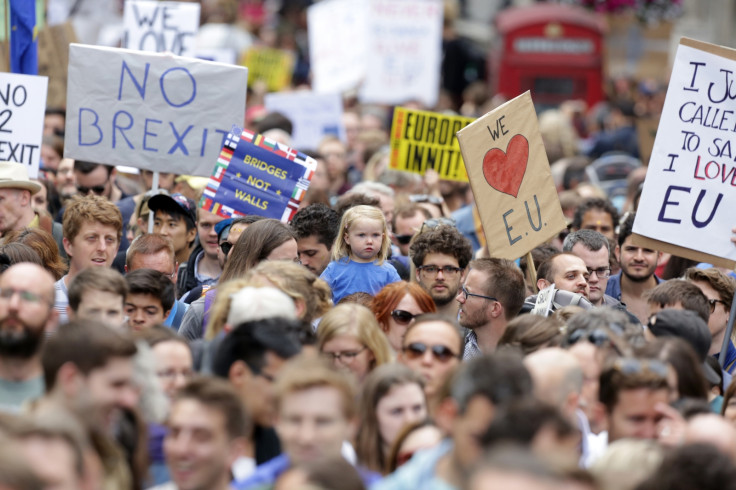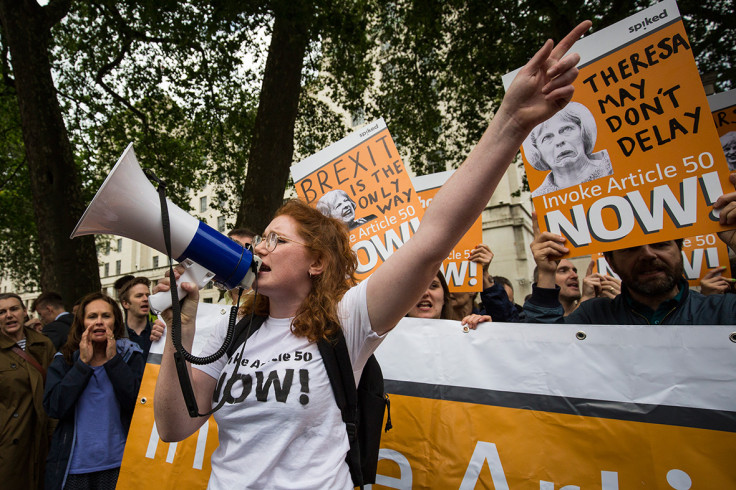Disgusted at Brexit? Love the Monarchy? Baffled by 2016? Take a survey to help psychologists find out why
Inaccuracy of polling prompts psychologists to take another look at why we vote the way we do.

Psychologists at the University of Cambridge are surveying the public to find out what drives our political beliefs.
You can take part in the anonymised survey here.
This is the first time that cognitive thinking styles and personalities have been studied in relation to Brexit, in a fresh attempt to find out why so many of the public, pollsters and politicians were caught on the back foot.
The survey asks questions including what area of the country you identify with and how strongly, about aspects of your personality, and whether you would be willing to lay down your life for Britain.
The psychologists also want to know how likely you think you would be to save a life when potential victims of a runaway train are described as either British or European.
"We're interested in the ways in which people try to protect their communities," Leor Zmigrod, a PhD student at Cambridge who is leading the research, told IBTimes UK.
The survey comes at the end of a year of political turmoil, confusion and surprise for many, where the traditional political landscape is shifting and polls are becoming wildly inaccurate.
The survey was in part prompted by the poor forecasts of the polls ahead of the EU referendum, Zmigrod says.

"We've seen some of the issues that have arisen lately with polling. One of the things that this calls for is research looking at psychological processes relating to political views and identities, and people's identities in general, not just demographics."
The Brexit survey comes after Zmigrod and her colleagues did a similar survey on the US presidential election, for which they are currently analysing the data.
"We think of ideologies usually in relation to politics, but in fact they come into many areas of our lives. We want to find out what links people to their ideologies and what drives them to protect their nation and communities in different ways," says Zmigrod's adviser Cambridge psychologist Trevor Robbins.
"It will be interesting to see if we can determine how basic cognitive styles relate to our political thinking."

© Copyright IBTimes 2025. All rights reserved.






















